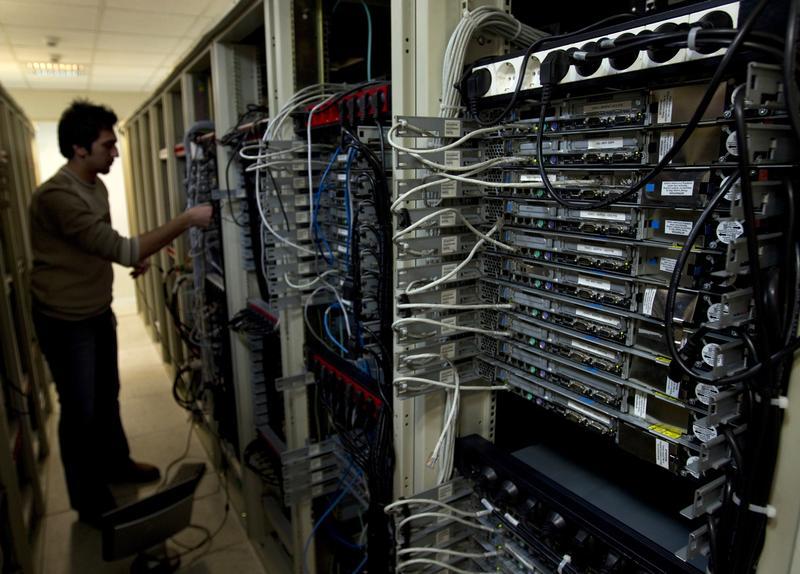By Kayhan Life Staff
The Cultural Committee of the Majlis (Iranian Parliament) has called for the “Protecting the Rights of Internet Users and Regulating Social Media” bill to be voted into law, the Tehran-based Etemad Online newspaper has reported.
The move by the Majlis’s Cultural Committee follows a report that the General Staff of the Armed Forces of the Islamic Republic of Iran will soon take control of digital boundaries (the internet bandwidth and cross-border data flow), the report added.
According to Article 5 of the bill, the Iranian armed forces must prevent cyberspace’s unauthorized use and the flow of data across borders. Iran’s Supreme Leader Ayatollah Ali Khamenei must approve any recommendations by the army.
The Ministry of Information and Communications Technology is reportedly tasked with identifying internet users and people active on social media.
While the Islamic Republic needs the internet for its purposes, it lacks the technical expertise to control information in cyberspace. The state has to farm out some of these more sophisticated technical projects to private companies and contractors, which pose a security problem to the regime.
In an interview with the Iranian Labor News Agency (ILNA) on Aug. 27, Ahmad Hossein Falahi, a Majlis deputy representing Hamadan electoral district, capital of the northwestern province Hamadan, called on the government to hand over the responsibility of policing the internet to the military intelligence.
“Restricting access to social media is a component of the bill,” Mr. Falahi said. “We do not believe the government should monitor the cyberspace. In some countries, military departments control the internet. In our country, the task should be entrusted to an organization under the leader’s direct supervision.”
Internet Blackouts Endanger Lives of Iranians, Says NetBlocks Founder
“Allowing governments to use and control the internet could cause many problems,” Falahi warned. “Why do people trust Telegram, which Israel uses to conduct billions of dollars in trade, but they have no confidence in a domestic messaging platform that respects their privacy and obeys the law?”
“It is a shame that the public trust Telegram, which is designed and controlled by the Zionists who use it for espionage, but it does not have confidence in domestic messaging service,” Falahi added.
In comments reported by the Young Journalists Club (YJC) on Aug. 28, Ayatollah Seyyed Ahmad Khatami, a member of the Assembly of Experts, said: “Under America’s control, cyberspace is worse than a rabid dog. However, in pious people’s hands, the internet would become a vital tool for promoting religious values.”
Iranian authorities are worried about a new wave of nationwide protests. They believe the internet and social media incite civil unrest. They plan to entrust the internet’s supervision and control to an agency that can shut it down quickly in an emergency and stop campaigns by the rights activists on social media.
Efforts to transfer the responsibility of monitoring the internet to the military could signal a deep mistrust among various factions inside the regime. Recent cyberattacks on the government and military sites by the opponents of the regime who have gained access to top-secret information have been a significant concern for the Iranian authorities.
The government agencies and the military have drafted a comprehensive plan to stop any campaign on the internet and social media against the regime.
In comments reported by the YJC on Dec. 22, 2018, Major General Abdolrahim Mousavi, the Commander-in-Chief of the Islamic Republic of Iran Army, said: “The enemy is trying to overthrow the state. Cyberspace poses a danger to many places like Khorramshahr [in the southern province of Khuzestan], Sumar [in the northwestern province of Khuzestan], and Mehran [in the western province of Ilam]. There is a genuine fear of collapse.”
This article was translated and adapted from Persian by Fardine Hamidi.








